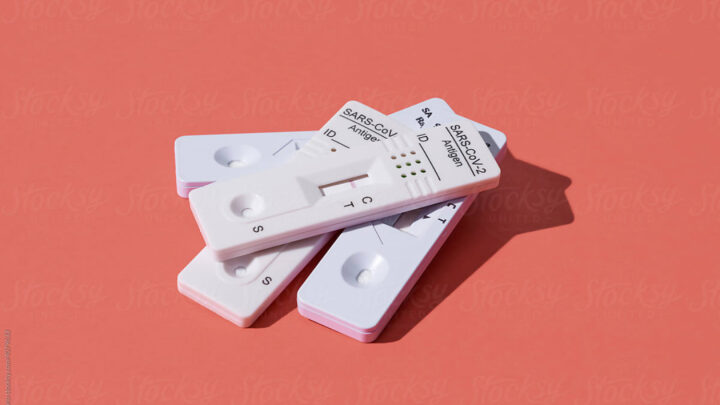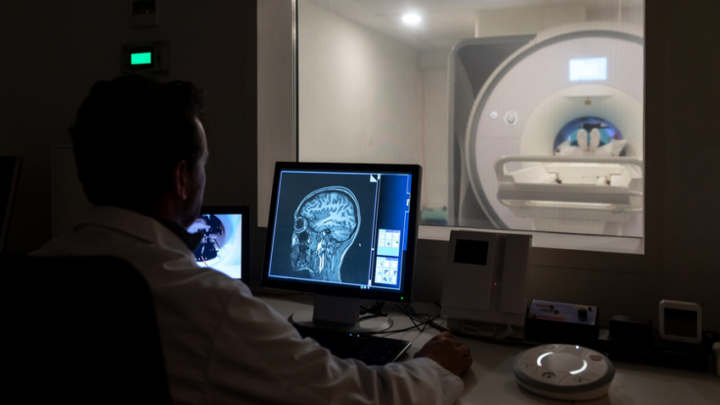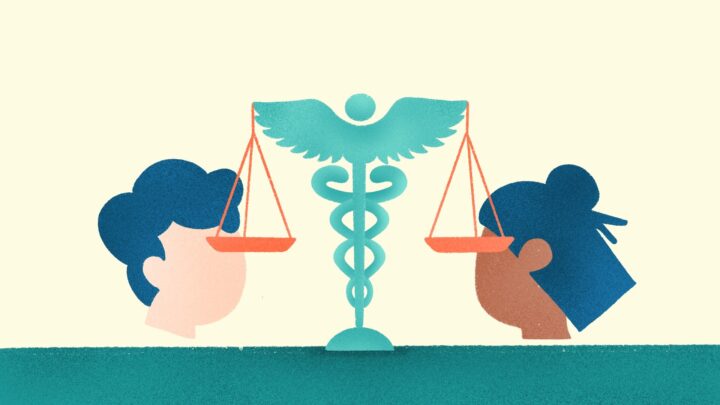
The White House plans to end the Covid-19 public health emergencies on May 11, which means that many Americans may have to start paying for Covid-19 testing and treatments out of pocket. This transition may signify to many that the pandemic is officially over.
But according to the New York Times, “An average of more than 500 people in the United States are still dying from Covid-19 each day, about twice the number of deaths per day during a bad flu season. But at the three-year mark, the coronavirus is no longer upending everyday life to the extent it once did, partly because much of the population has at least some protection against the virus from vaccinations and prior infections.
Still, the White House said on Monday that the nation needed an orderly transition out of the public health emergency. The administration said it also intended to allow a separate declaration of a national emergency to expire on the same day, May 11.
“An abrupt end to the emergency declarations would create wide-ranging chaos and uncertainty throughout the health care system — for states, for hospitals and doctors’ offices, and, most importantly, for tens of millions of Americans,’ the White House said in a statement…”
In a recent poll of about 500 global Sermo physicians
However, 50% of physicians believe the emergency should end immediately, and not be drawn out until the May 11 end date.
When asked about how Covid-19 is affecting everyday life,
Below, Sermo physicians from around the world share more of their perspectives and opinions on this health topic—in their own words:
“The ‘health emergency status’ is the only thing that is preventing health insurance companies from refusing to pay for Covid vaccines, Covid tests, and treatments. Some of my patients already have informed me that their insurance doesn’t pay if I do a PCR Covid test in the office. As a result, they refuse the test, don’t stay at home or take precautions, and potentially spread Covid to all of their contacts.”
Pediatrics, U.S.
“Better healthcare resources should be available regardless of a Covid emergency or not. It does send a message that people don’t need to be worried, however, perhaps it could be framed as so many people got vaccinated that things are better.”
Rheumatology, U.S.
“The “emergency” is over and has been for some time. Ending the emergency should obviously happen. If there is concern that vaccines or certain tests or treatments should be covered by the government, then pass a law to do this. That is simple. But relying on an “emergency” just encourages the administrative state and is a lie.”
Emergency Medicine, U.S.
“I am not against the end of the pandemic emergency, but I do consider that the population should be made aware of the importance of maintaining the corresponding and adequate hygienic and sanitary measures and not forgetting this issue that constituted global chaos.”
Family Medicine, Cuba
“The incidence of cases has dropped a lot and that allows us to relax. And the vaccination calendar helps us to be more protected.”
G.P., Spain
“I do not know the real situation regarding the covid in the USA, but if, as it is proposed, more than 500 die daily, then the decision to completely remove the emergency is not such a good idea, it is up to health professionals to analyze and reach an agreement that benefits the population.”
Stomatology, Cuba
“Mortality has decreased considerably, preventive measures should have already come to stay, the use of face masks, healthy distance, vaccination, etc.”
Physical Medicine & Rehabilitation, Mexico
“Personally I do not agree with the decision of the US government because we all have the right to receive medical assistance and more when it comes to the Covid-19 that became the pandemic that still wreaks havoc throughout the world, everything we do to preventing and treating it is little. The awareness of all governments is needed to prevent its spread.”
G.P., Cuba
“In response to the question asked: No, I do not agree with the fact of ending the health emergency due to Covid-19, since, although it is true that morbidity and mortality have decreased exponentially due to both isolation measures, prevention and vaccines, there are still many unvaccinated people and many people who, despite being vaccinated, contract the virus. Withdrawing all emergency measures is giving a false message to the population that everything is in perfect condition and they lower their guard even more.”
G.P., Venezuela
“Announcing this months ahead of time is bizarre. If the emergency is over, it is over today. The virus does not know May 11th from any other date.”
Psychiatry, U.S.
“I don’t think it’s yet the time to declare the pandemic as not an emergency. This will undoubtedly relax protection measures and may increase the numbers of infected and deceased. The trail of deaths has already been too great and developing countries have paid a high price in all aspects, especially economic and health.”
Internal Medicine, Cuba
“There is no emergency anymore. New variations is a good thing because it means a smaller pool of new strains.”
Cardiology, U.K.
“The “emergency” is over. Those who are unvaccinated are those who refused. If they contract COVID, it’s on them and they shouldn’t receive “free” care for their own mistakes. No one will be losing needed benefits.”
Anesthesiology, U.S.
Everyday thousands of Sermo member physicians from diverse backgrounds and experiences exchange knowledge with each other. Sermo is the original medical social network that empowers today’s physicians. Over 1 million fully verified physicians across more than 150 countries come to our platform to talk with peers, participate in paid medical studies, solve challenging patient cases, contribute to the world’s largest database of drug ratings – and enjoy a few laughs along the way.
Interested in more? Check back any time and follow us on Facebook, Twitter, and LinkedIn for the latest and greatest in physician insights.
Are you a physician or healthcare practitioner?
Explore the many benefits of Sermo’s medical community and join in on all the exciting conversations when you sign up for free today.














